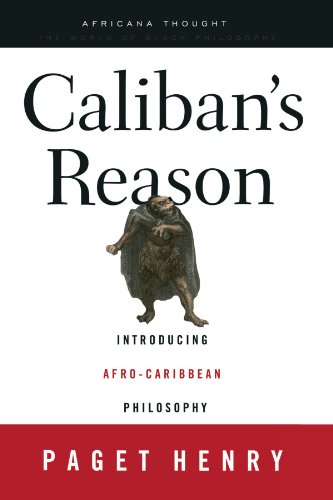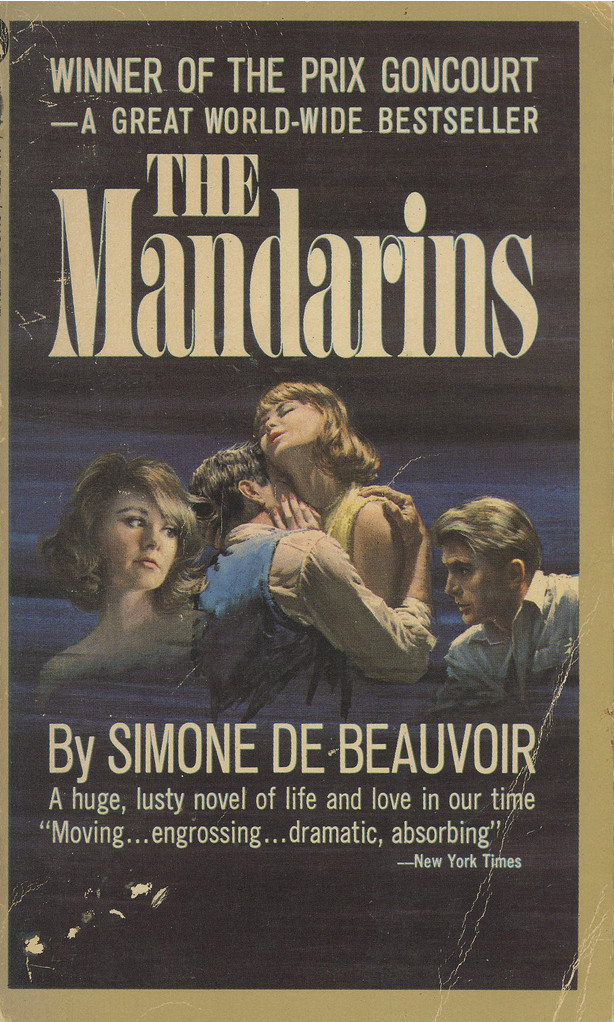David Macey: Frantz Fanon: A Biography (2000–)
Filed under book | Tags: · algeria, biography, colonialism, communism, existentialism, france, literature, marxism, négritude, philosophy, psychiatry, race, racism

“Born in Martinique, Frantz Fanon (1925–61) trained as a psychiatrist in Lyon before taking up a post in colonial Algeria. He had already experienced racism as a volunteer in the Free French Army, in which he saw combat at the end of the Second World War. In Algeria, Fanon came into contact with the Front de Libération Nationale, whose ruthless struggle for independence was met with exceptional violence from the French forces. He identified closely with the liberation movement, and his political sympathies eventually forced him out the country, whereupon he became a propagandist and ambassador for the FLN, as well as a seminal anticolonial theorist.
David Macey’s eloquent life of Fanon provides a comprehensive account of a complex individual’s personal, intellectual and political development. It is also a richly detailed depiction of postwar French culture. Fanon is revealed as a flawed and passionate humanist deeply committed to eradicating colonialism.”
First published by Picador, 2000
Second edition published by Verso, London, 2012
ISBN 9781844677733, 1844677737
xxii+639 pages
Reviews: Megan Vaughan (London Review of Books, 2001), Peter Lennon (The Guardian, 2001), Mark Christian (Journal of Colonialism and Colonial History, 2002), Gareth Stanton (History Workshop Journal, 2002), Ciaran Mulholland (Socialist World, 2002), Godwin Kwadwo Osei-Nyame (Research in African Literatures, 2004), Kirkus Reviews (2001), Publishers Weekly (2001), Stephen Howe (New Humanist, 2013).
Interview with author (Theory, Culture & Society, 2011).
Comment (0)Paget Henry: Caliban’s Reason: Introducing Afro-Caribbean Philosophy (2000)
Filed under book | Tags: · africa, caribbean, colonialism, consciousness, epistemology, existentialism, historicism, history of philosophy, knowledge, marxism, ontology, philosophy, poeticism, poststructuralism

“Caliban’s Reason introduces the general reader to Afro-Caribbean philosophy.
In this ground-breaking work, Paget Henry traces the roots of this discourse in traditional African thought and in the Christian and Enlightenment traditions of Western Europe. Since Afro-Caribbean thought is inherently hybrid in nature and marked by strong competition between its European and African orientations, Henry highlights its four main influences–traditional African philosophy, the Afro-Christian school, Poeticism and Historicism–as his organizing principle for discussion.
Offering a critical assessment of such writers as Wilson Harris, Derek Walcott, Edward Blyden, C.L.R. James and George Padmore, Caliban’s Reason renders a much-needed portrait of Afro-Caribbean philosophy and fills a significant gap in the field.”
Publisher Routledge, 2000
Africana Thought series
ISBN 0415926459, 9780415926454
xiii+304 pages
Reviews: H. Adlai Murdoch (SubStance, 2002), Claudette Anderson (Small Axe, 2002), Charles Mills (Phil Review, 2003), Clevis Headley (Int’l J of African Hist Studies, 2003), Leslie R. James (North Star, 2004).
Interview with author (Linda Martín Alcoff, 2003)
Comment (0)Simone de Beauvoir: The Mandarins (1954–) [EN, ES, RU]
Filed under fiction | Tags: · 1940s, 1950s, existentialism, feminism, france, paris, philosophy, politics

In her famous novel, The Mandarins, Simone de Beauvoir takes an unflinching look at Parisian intellectual society at the end of World War II. In fictionally relating the stories of those around her – Jean-Paul Sartre, Albert Camus, Arthur Koestler, Nelson Algren – de Beauvoir dissects the emotional and philosophical currents of her time. At once an engrossing drama and an intriguing political tale, The Mandarins is the emotional odyssey of a woman torn between her inner desires and her public life.
First published in French as Les Mandarins, Gallimard, 1954
English edition
Translated by Leonard M. Friedman
First published in English in 1956
Publisher Harper, London, 2005
With an Introduction by Doris Lessing
ISBN 0007203942
The Mandarins (English, trans. Leonard M. Friedman, 1956/2005, EPUB)
Los Mandarines (Spanish, PDF’d HTML)
Мандарины (Russian, trans. Наталья Полторацкая and Нина Световидова, 2005)

